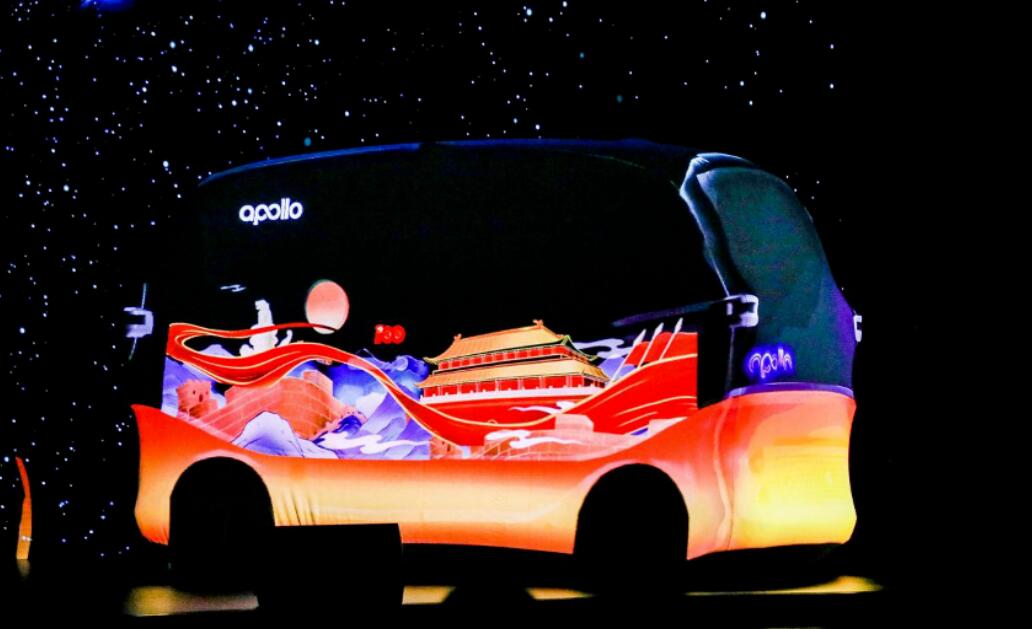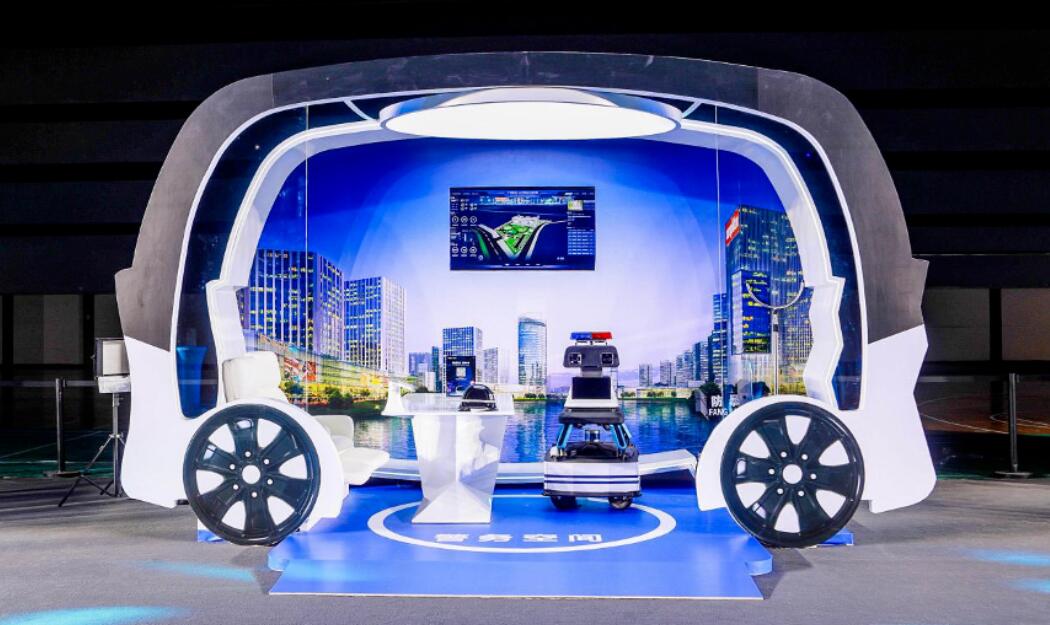Baidu unveils Apolong II, its second-gen autonomous minibus

Apollo, the autonomous driving division of Chinese search engine and autonomous driving giant Baidu, unveiled Apolong Ⅱ, its second-generation autonomous minibus, in Guangzhou on Thursday.
Apolong Ⅱ is dedicated to becoming a mobile space in the smart era, providing customized smart mobility services for public travel, mobile policing, health management and other scenarios, according to Baidu.

Apolong Ⅱ integrates Apollo's latest generation in-house developed autonomous driving computing platform and sensor system, which triples the arithmetic power of its core computing unit to 372 TOPS, on par with that of a Robotaxi, according to Baidu.
Apolong II is equipped with two 40-line LiDARs, as well as millimeter-wave radar and a surround-view camera, with a detection distance of 250 meters.
It has centimeter-level positioning accuracy and an overall system response level of milliseconds, the company said.
Apolong Ⅱ is equipped with Baidu Apollo's vehicle-road collaboration and 5G cloud chauffeured driving technology, which can reduce vehicle intelligence problems by 54 percent and junction emergency braking by 90 percent, according to Baidu.
Its chauffeured driving capability in 5G ensures that the vehicle can drive safely and smoothly even in extreme scenarios.
A key feature of the vehicle is the 55-inch transparent display window jointly created by Apollo and BOE, which shows the road around the vehicle and driving behavior.
Users are able to interact with the virtual navigator equipped with Baidu's intelligent voice interaction system through the large HD screen.
Apolong Ⅰ has been deployed in 22 city parks, including Beijing, Guangzhou, Xiongan, Chongqing and Foshan, since its mass production rollout in July 2018, and is the only large-scale regular operation of autonomous minibus in China.
Apolong has provided over 120,000 services and accumulated 120,000 km of autonomous driving, according to Baidu.
Baidu Apollo's robotaxi service available in four cities with Guangzhou becoming the latest

(Photo source: Baidu Apollo)

